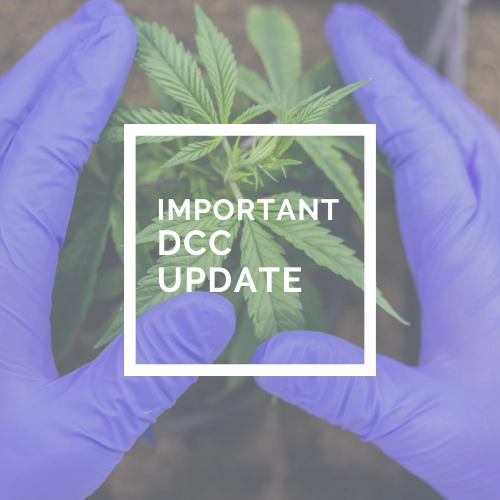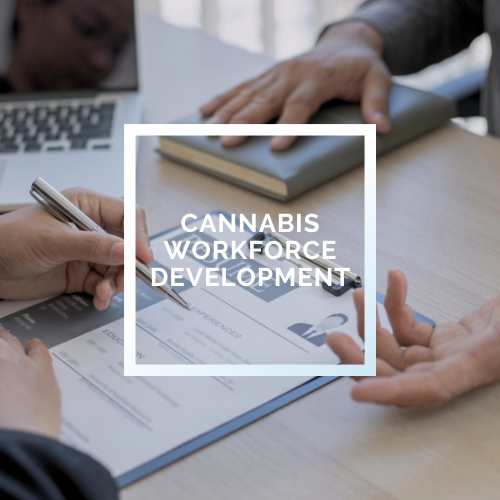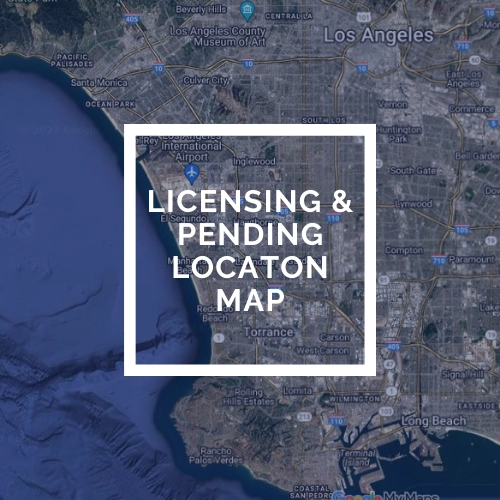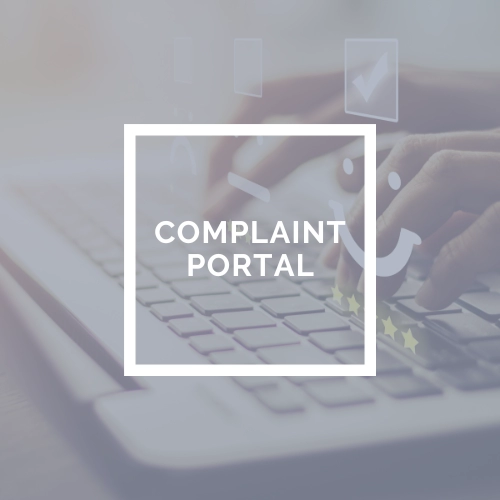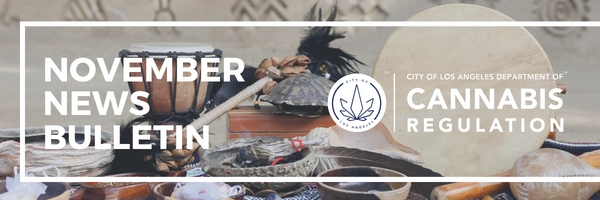
Greetings!
This time of year gives us the opportunity to pause and reflect on things for which we are grateful. This month, I want to take a moment to celebrate November 5th as the 27th anniversary of the passage of the Compassionate Use Act of 1996. Nearly three decades ago when cannabis was illegal in California, the Compassionate Use law provided legal protections for patients and their caregivers to possess, cultivate, and buy cannabis products to deal with illness and treatment side effects. California was the first state in the country to pass such a law.
Today, cannabis is legal for adult recreational use in California and across many other states, and, according to many polls, acceptance of cannabis is widespread locally and nationally. However, there is still confusion. California law allows for local jurisdictions to opt in or out of allowing cannabis business activity within their boundaries. Fewer than half of California jurisdictions allow for legal cannabis businesses and only 23 of 88 cities in Los Angeles County allow cannabis business activity. In unincorporated areas of the County, a framework is still being developed to issue cannabis business licenses. Because of the unique geography of Los Angeles, it can be often confusing to determine what is allowed in the City compared to the unincorporated areas of Los Angeles County and other adjacent jurisdictions.
One foolproof way to determine that a retail cannabis shop is legal, safe and sells tested products in the City is to visit the retail license map on the DCR website. This map was created to help consumers make informed decisions about cannabis product purchases. I hope you can share this information widely and often.
Please read on for the stories in this edition, including:
- A local update on the passage of California’s SB 51 and a deadline extension for the P2RR3 applicants.
- Undue concentration data now live on DCR webpage
- Social Equity Program helps Domenica Soto realize entrepreneurial dreams
- Catalyst compliance manager shares experience with LA County Department of Public Health Emblem Program
- A call for applicants to participate in a survey
- DCR resources include expanded Pro Bono/Low Bono Legal Services Program
Finally, this November, DCR honors Native American Heritage Month and wishes a wonderful Thanksgiving holiday to all.
Best,
Michelle Garakian
Executive Director
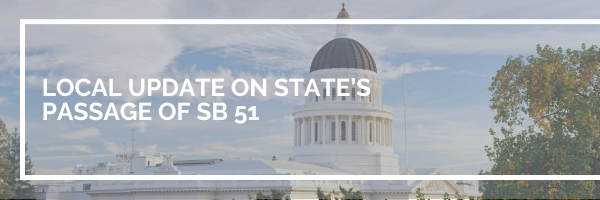
Local Update on State's Passage of SB 51
SB 51 (Bradford) was signed by Governor Newsom on October 9, 2023, and will become law on January 1, 2024. SB 51 allows the State of California’s Department of Cannabis Control to extend its provisional license program by allowing cannabis equity retail applicants or licensees to obtain or renew state provisional licenses after the prior deadline of June 30, 2023.
Many previously corresponding deadlines, however, still exist at the City level. The City’s current Temporary Approval deadlines were designed around the State’s former provisional licensing deadlines, prior to the passage of SB 51.
In light of SB 51, on November 7, 2023, Los Angeles City Councilmembers Imelda Padilla and Marqueece Harris-Dawson introduced a motion to extend the City’s license application deadline for 100 Phase 3 Retail Round 2 verified Social Equity Applicants beyond the current deadline of December 8, 2023. These applicants were selected in the retail storefront application lottery, also known as the Phase 3 Retail Round 2 Lottery.
DCR plans to propose additional ordinance amendments in early 2024 to adjust the City’s licensing process to accommodate the new State process once SB 51 takes effect on January 1, 2024.
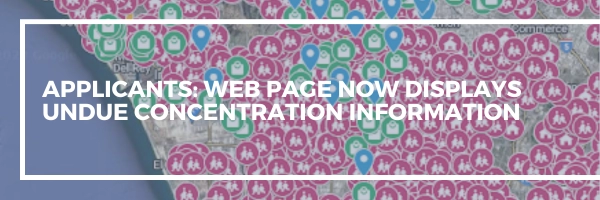
Applicants: Web Page Now Displays Undue Concentration Information
If you are an applicant or potential applicant for a cannabis storefront retail license and wondering where you can set up shop, DCR now includes a chart listing Community Plan Areas (CPA) that have or have not reached undue concentration on its licensing and pending locations map web page.
Why is this important?
DCR can issue retail storefront licenses in a CPA up to a certain number based on a regulation-defined ratio of licenses to population size. This ratio is one license per 10,000 residents for Storefront Retail in a CPA. Once the maximum number of Storefront Retail licenses have been issued in a CPA that CPA has reached undue concentration and new licenses cannot be issued without City Council approval through a Public Convenience or Necessity (PCN) process. .
The new chart provides details on Community Plan Areas such as population and the number of Storefront Retail licenses issued, among other data, and helps Applicants identify where to look for property that complies with local law.
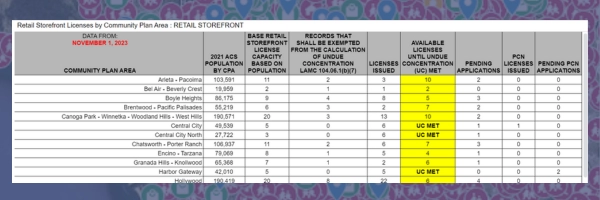

Entrepreneur Dreams
Social Equity Business Highlight - Catalyst Cannabis Co.
Domenica Soto never thought to herself, “I want to open up a cannabis shop.” She said she wasn’t immersed in cannabis culture, but she did know she wanted to be an entrepreneur.
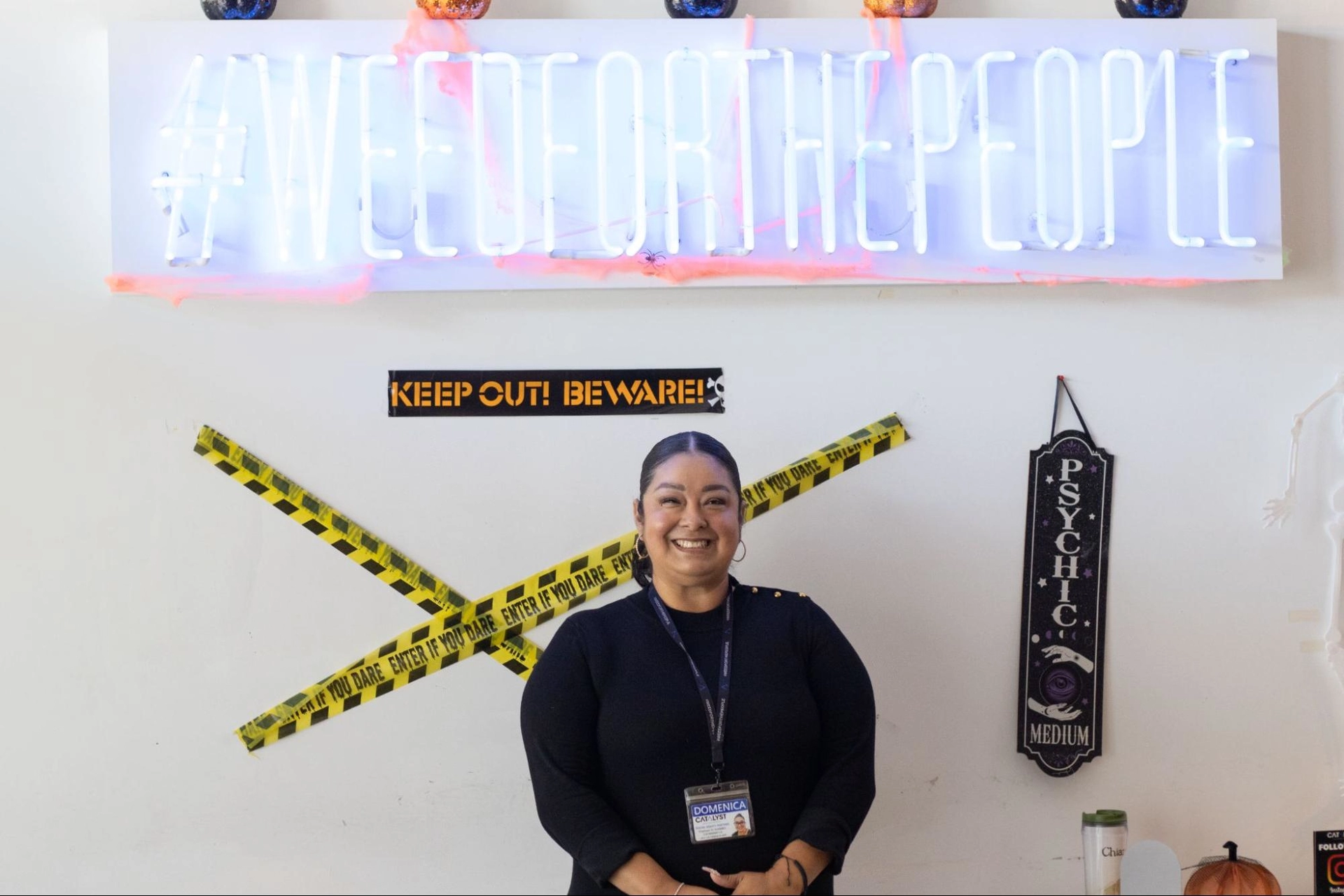
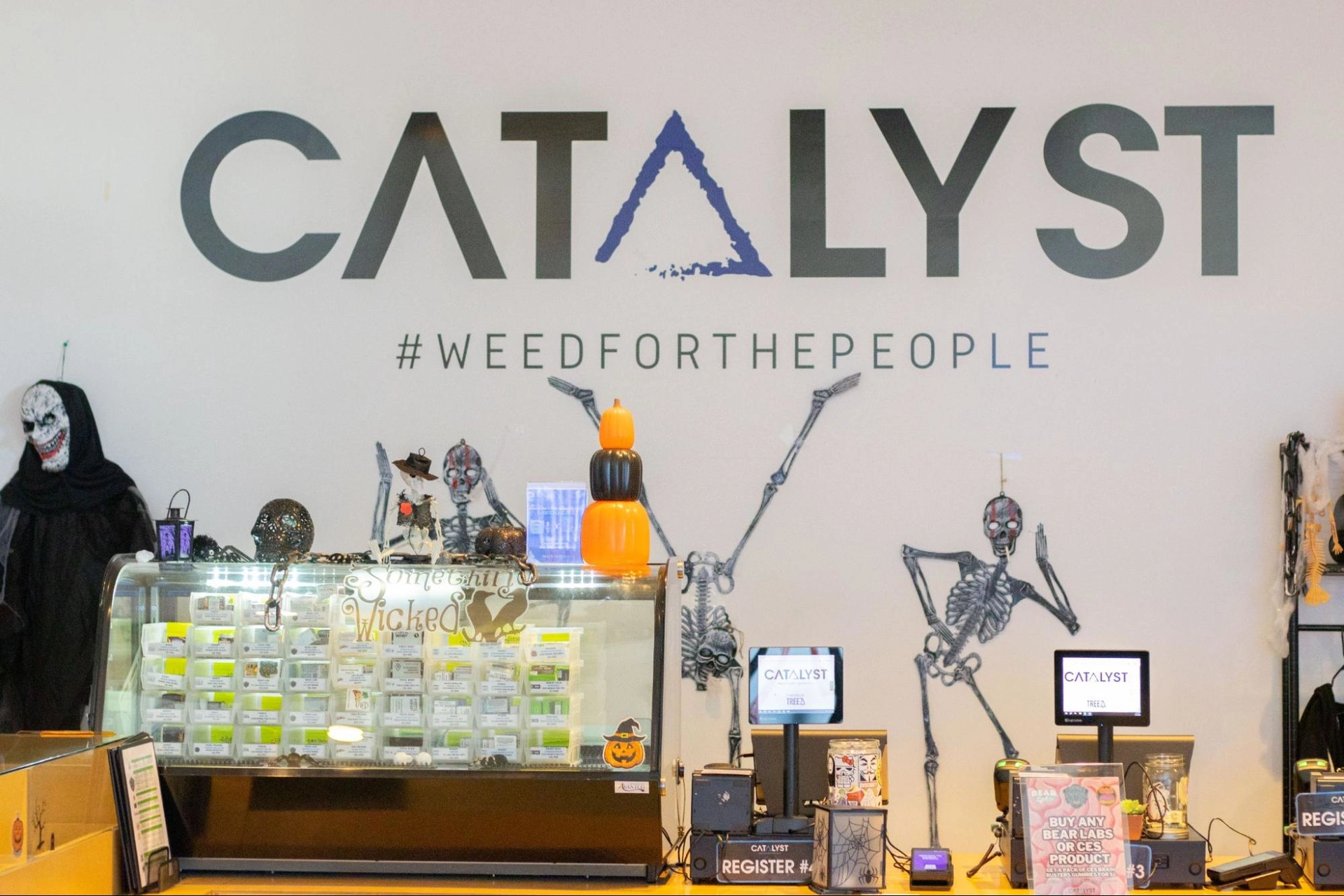
Domenica Soto stands under the neon sign with the Catalyst moto #weedforthepeople at her store decorated for Halloween.
In 2019, she learned about DCR’s social equity program where she could be verified as a Social Equity Individual Applicant and enter her name for an opportunity to apply for a cannabis retail storefront license. Even as she was submitting her application to participate, she was skeptical. Despite her concern, she applied knowing that as a single mom an opportunity like this is scarce.
“I don’t know about this,” she said. “I don’t know about the cannabis industry and after I submitted my name I didn’t really think much about it because I didn’t think I would be picked.”
It paid off. In September 2019, she found out her entry was one of the first 200 individuals selected in Phase 3 Retail Round 1. Soon after, she partnered with Catalyst Cannabis Company, a chain of California cannabis dispensaries, that provided Soto funding for the store and assistance applying for the cannabis retail license. In exchange, Catalyst would have a minority stake in the store located at 316 W Florence Ave in South Los Angeles. She opened up her shop in the fall of 2021.
Soto said that she did not grow up in a family that used cannabis and she didn’t consume herself.
“Growing up we were told cannabis is bad for you,” Soto said, referring to her strict upbringing. “But you know it’s all about education.”
She credits her sister’s battle with breast cancer several years ago for broadening her perspective on cannabis.
“My sister’s experience was definitely one of the ones where I personally saw that cannabis does work.” Soto said. “It helps ease the pain. It helps manage their situation a little better. So that's definitely one of the reasons that I opened my eyes.”
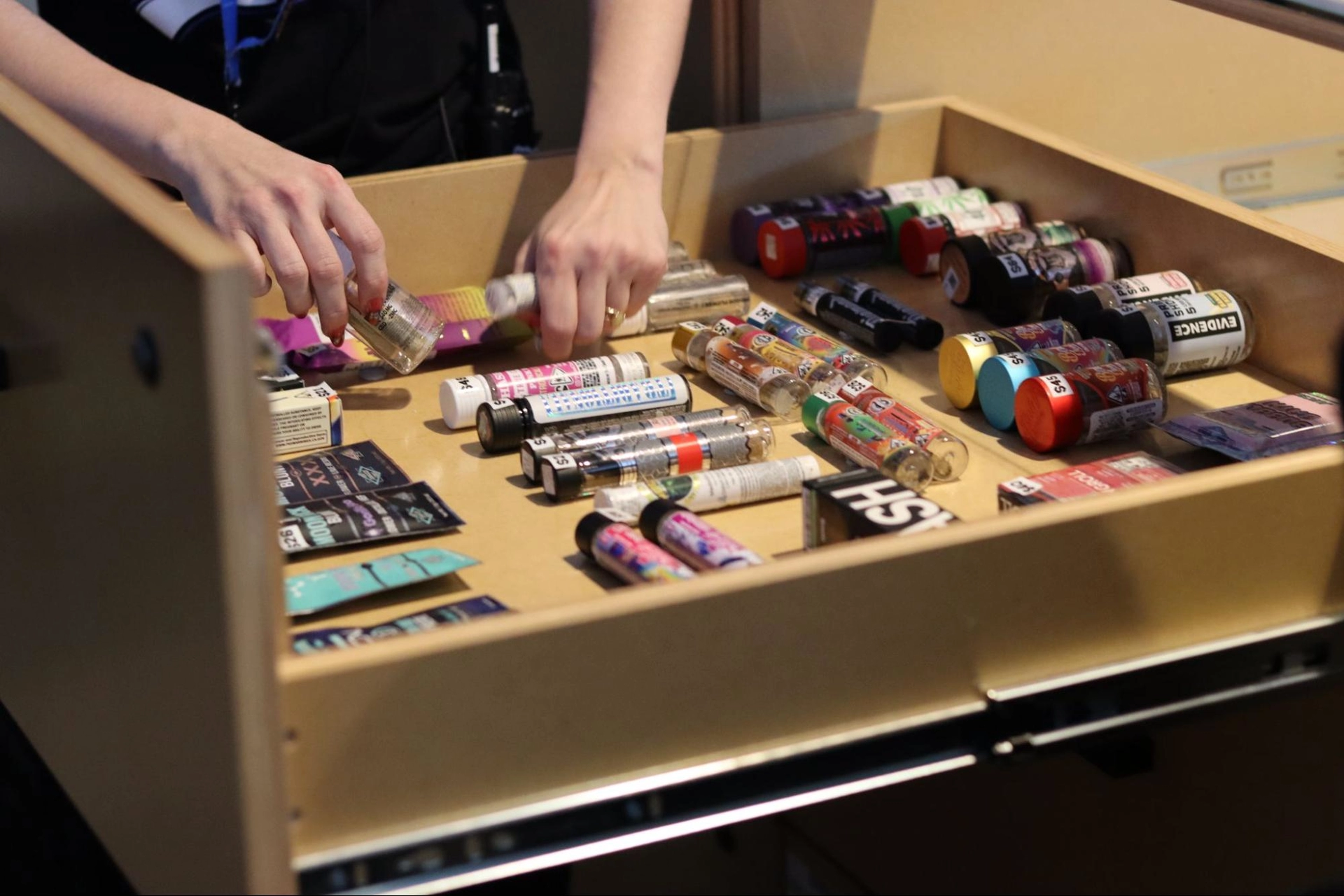
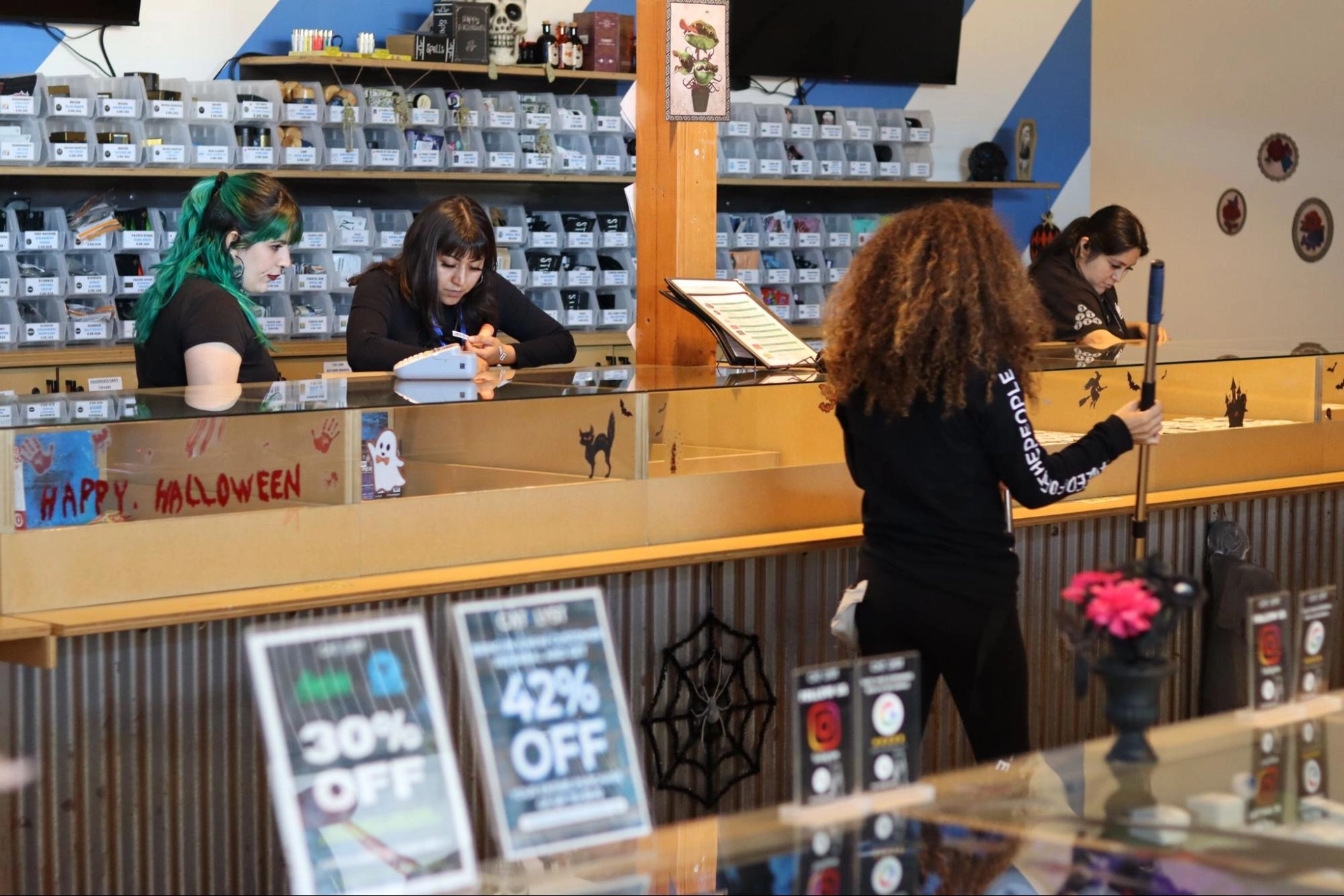
Today, she takes pride in knowing that she has grown a lot as a businesswoman and in her knowledge of cannabis. She is still eager to learn more. For that, Soto says she is in the right place.
“It takes a village to run an industry like this,” Soto said. “You cannot do it on your own and after everything I went through, you know, I met Elliott [Lewis], the CEO for Catalyst, and everything just fell into place. He was such a great example. He's a great CEO, a great mentor, absolutely. He never tries to take the spotlight from anybody. If anything he pushes you to shine.”
“I am still learning,” she said, adding that her proudest entrepreneurial moments are seeing happy customers. Not long ago, one of the store’s regular customers also became an employee. Soto praises her staff, especially the store’s General Manager, Aurora Hamner, for being good at what they do and for knowing customers by name.
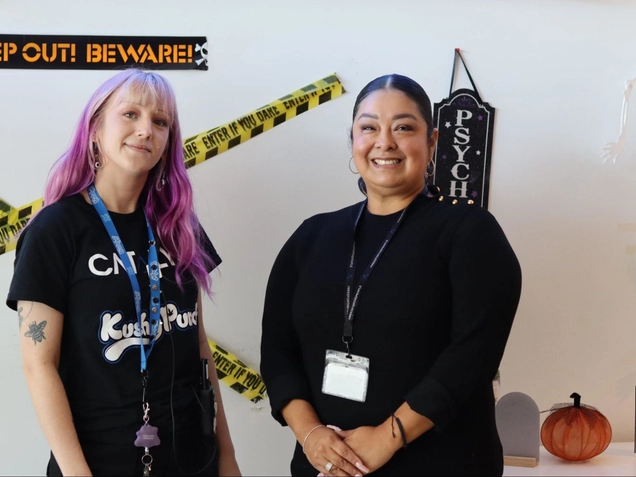
Soto realizes that customer service is a cornerstone of any successful business as is hard work, the importance of which she learned from her parents.
“I don't mind getting the broom and getting my hands dirty,” Soto said, adding that she often cleans up in the areas around the store to be a good neighbor. “I have actually done a lot of community cleanups with Catalyst.”
“Some people are surprised I am an owner,” she said. She doesn’t mind. In her heart, she is aware that she employs 19 people in union jobs, most of whom are local and women. Soto is also a local and a graduate of Jefferson High School in South Los Angeles.
“I was born and raised here,” Soto said. “Having these opportunities is awesome because we don't see these, and now I am an owner.”
Soto mentioned to her now-adult daughter about an interview with DCR staff and that she felt nervous about it. Soto said her daughter replied, “You got this. I am so proud of you.”
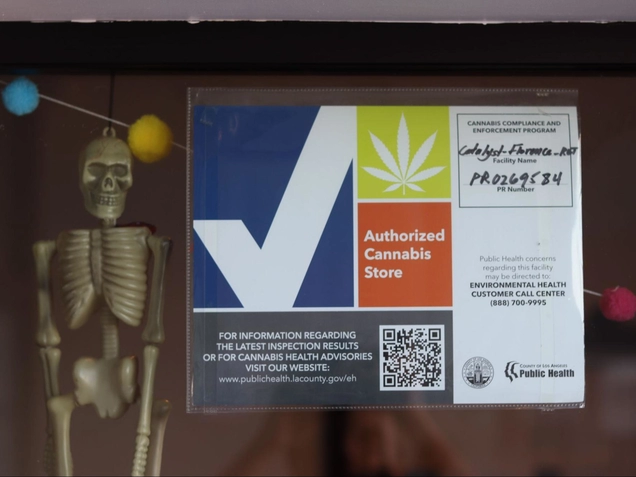
LA County Emblem Program
Domenica Soto’s Catalyst store is one of a few cannabis retail storefronts in the City of Los Angeles that has the Los Angeles County Department of Public Health Emblem placard displayed at the window. The placard means that the establishment is licensed and has passed all necessary inspections ensuring that it is complying with public health standards for consumers, State regulations, and local ordinances.
Jolynn Bernal, compliance manager for the Catalyst Cannabis Co. chain, said that going through the public health inspection process was as easy as following the guide provided.
“Honestly, they [the LA County Department of Public Health] have a guide for you on how to pass inspection,” said Bernal. “They even provide you with a checklist of what is in compliance and what is out of compliance and how to fix it. It's one of the best guides I've seen providing business owners how they [the inspectors] are actually going to go and do a walk through. A lot of government entities don't provide a checklist of what they're looking for and print it out.”
For the cannabis businesses unsure of what to expect, Bernal said, “Just make sure that you're on top of that [checklist] and you'll pass with flying colors.”
For more information on the LA County Department of Public Health’s (LADPH) health inspection program, visit DCR’s webpage for important deadlines and see the flyer linked here.
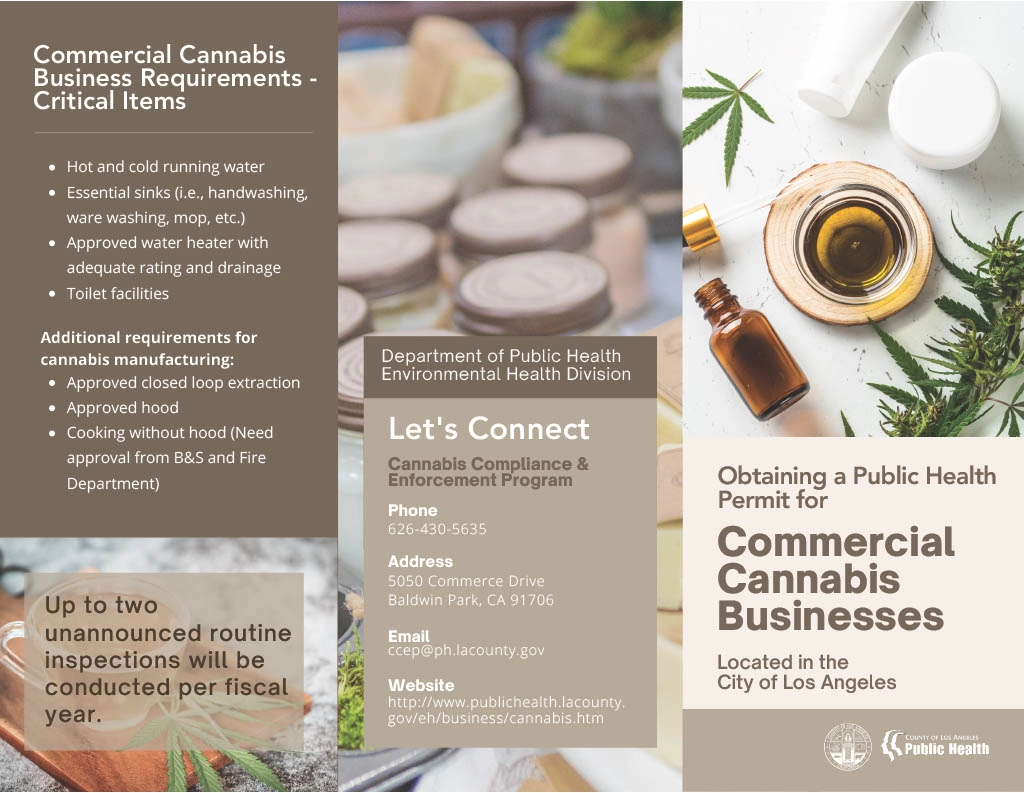
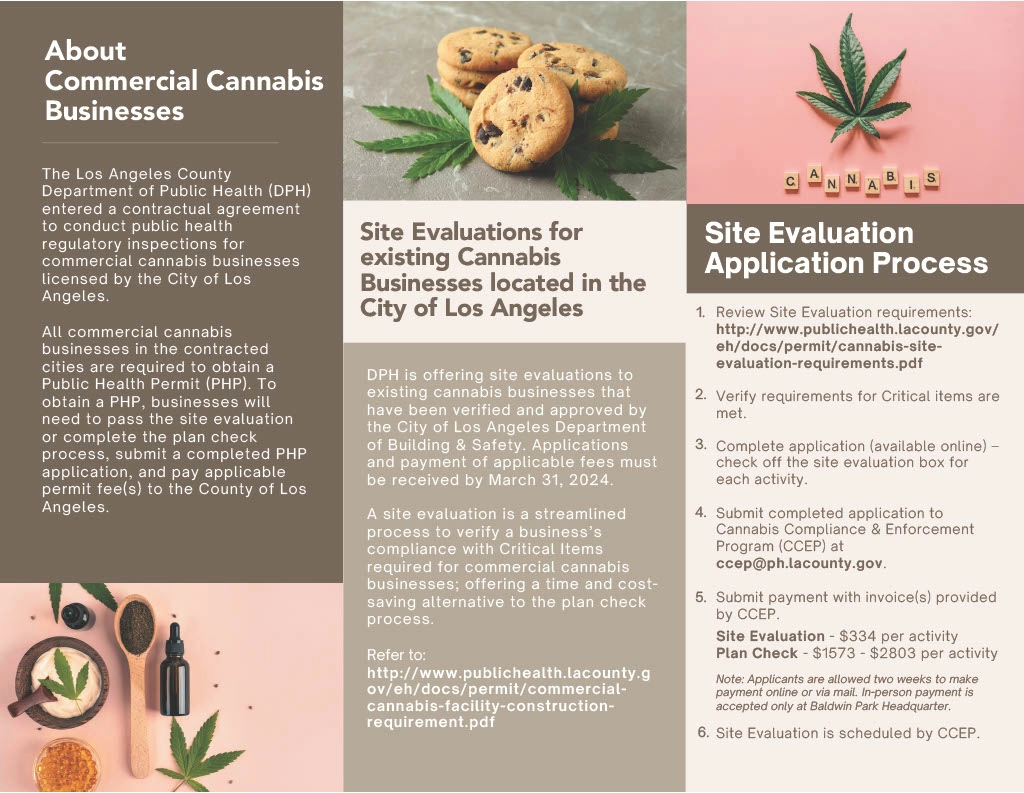
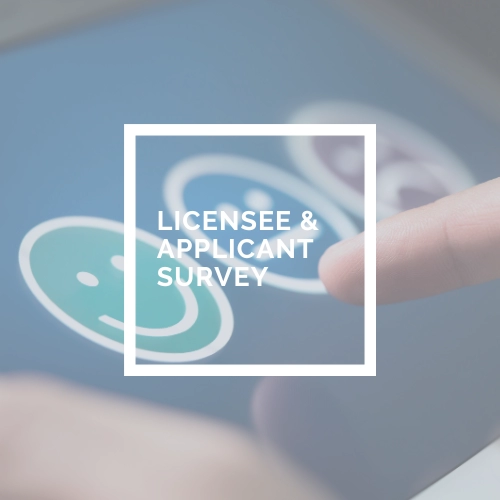
Licensee & Applicant Survey
Part of DCR’s programs are paid for by grants from the State of California. As part of an annual report for the Cannabis Equity Grants Program for Local Jurisdictions (CEG) Program, DCR’s Social Equity Program is required to collect and provide demographic data from its commercial cannabis applicants and licensees, including equity and non-equity applicants and licensees. If you are a licensee or applicant in the City of Los Angeles and would like to participate, please complete this survey.
Please note that responses to this survey will be disclosed to GO-Biz, and may be disclosed to another agency or the public, such as in response to a public records request under California Government Code § 7920.000. Participation in this survey is optional.
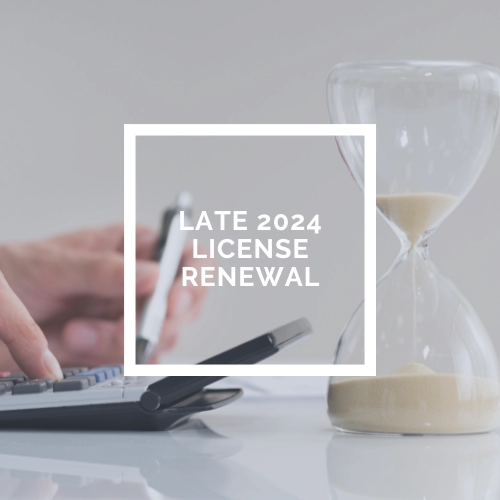
Miss the 2024 License Renewal Deadline?
DCR’s renewal cycle for 2024 closed on November 1, 2023. Late renewals may be accepted until December 31, 2023 but are subject to additional fees. Please read Los Angeles Municipal Code for details or view DCR’s recorded webinar and presentation material on this subject here.
Businesses who allow their Temporary Approval to expire must cease all operations as of January 1, 2024 until a renewal license has been approved. Please note that submission of a renewal application and/or payment of the renewal fees does not guarantee renewal.
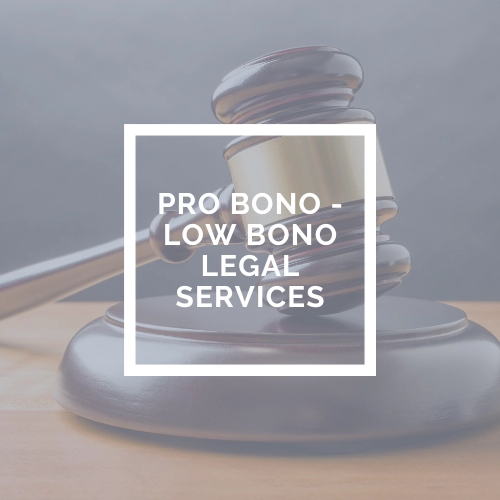
Pro Bono - Low Bono Legal Services
All Social Equity Individual Applicants who have passed the Pre-Application stage are eligible to apply for Pro Bono - Low Bono Legal Services offered by DCR’sSocial Equity Program in partnership with the Los Angeles County Bar Association (LACBA).
Access to affordable legal services continues to be a major barrier for the Social Equity community. It is critical that Social Equity Individual Applicants and licensees seek and obtain legal counsel early to avoid predatory practices, pitfalls, and mistakes. Applicants can apply to receive up to 40 hours of legal services: 10 hours of free pro bono assistance and 30 hours of low bono assistance for $35 per hour.
Social Equity Individual Applicants deemed eligible will be referred to a LACBA member attorney. Applicants will be contacted directly by LACBA and/or the assigned attorney.
To access the DCR-LACBA legal services, complete and submit the two forms below:
Pro Bono/Low Bono Legal Services Survey
Pro Bono/Low Bono Authorization Agreement
Please contact us at DCR.SEP@lacity.org if you have any questions. For more information please visit the DCR’s Social Equity Program’s Pro Bono / Low Bono Legal Services web page.
CA Agricultural Labor Relations Board Determination (Update from DCC)
